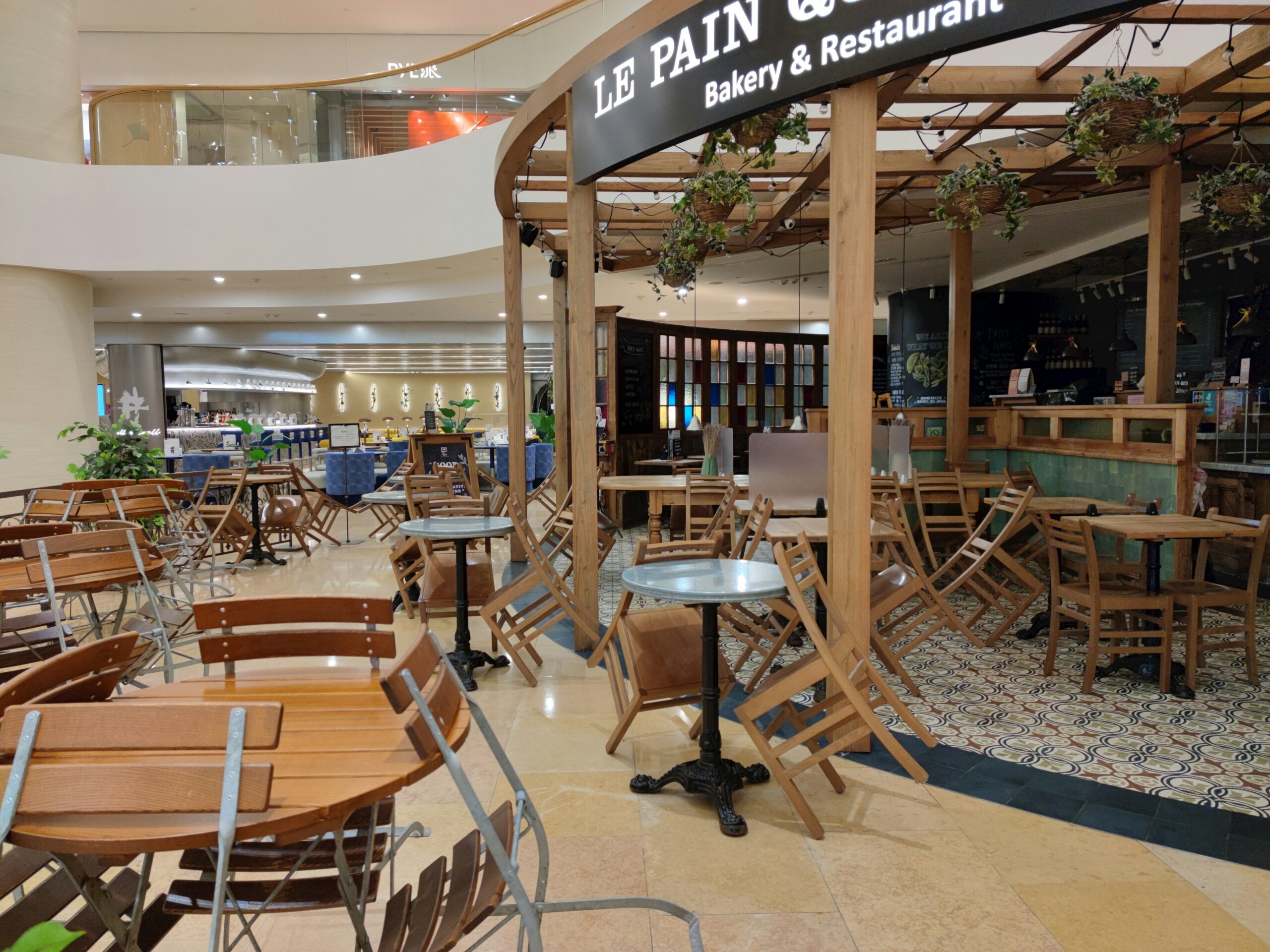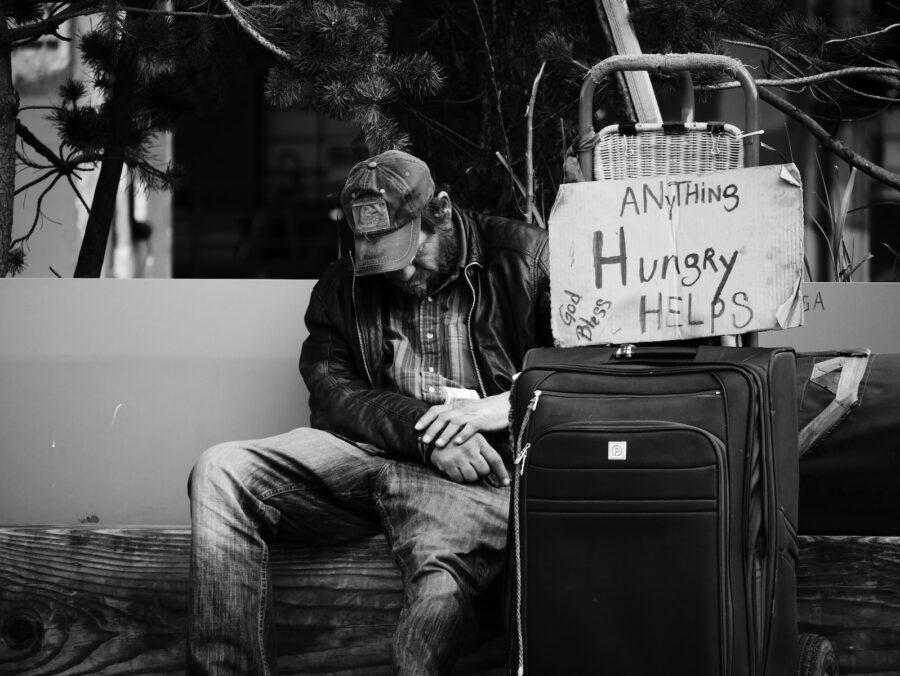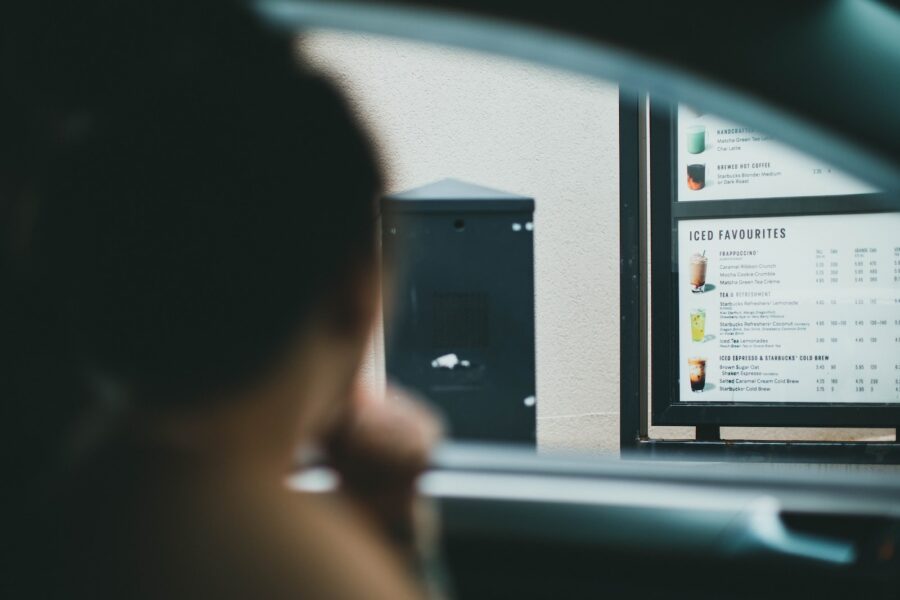Once seen as a perk, meals at work are being pitched as a safety measure. Corporate catering companies were decimated by the initial pandemic shutdown, but with lockdowns easing and employees returning to the office, catering companies boast they can supply meals in a safer environment than allowing employees to stand in line for takeout orders, reported The Boston Globe (Sept. 7).
“The culture of food safety has changed, much like traveling changed in the wake of 9/11,” said Diane Swint, the head of marketplace at ezCater. “Now, I think lunch is going to be one of those things you have to think about. It’s not a perk; it’s something you have to provide.”
In order to feed the first wave of returning workers, ezCater is pursuing new strategies. It expanded a service called Relish that lets employees of its corporate clients pick out meals from area restaurants in advance, as much as a week ahead.
Fast-casual chain B.Good has been receiving a stream of orders through Relish, allowing it to slowly reopen its downtown Boston locations.
“The industry has been decimated,” said B.Good’s CMO Hadrien Delande, who noted that while the catering orders overall have been smaller, companies see the value in offering boxed meals to keep their staffers safe. “We’ve been trying to capitalize on that,” he said.
Fooda, another food-at-work provider, has seen sales creep back up as clients become more willing to spend more on catered lunches.
“Now that food-at-work is more of a safety concern, the budget for it is sort of a different conversation than it was before,” said Stafford McKay, Fooda’s VP of marketing. “Companies no longer have to worry about travel per diems and expensed meals when folks are on the road. It’s just a little bit of moving funds to a different direction.”
Fooda is sometimes bringing in restaurant workers to serve meals in office cafeterias that once had their own servers since there are still not enough employees back at work yet to justifying bringing back a full kitchen staff.
Meanwhile, Bill Hansen Luxury Catering—one of South Florida’s premier full-service catering services—is redefining luxury catering in the age of social distancing, reported FSR Magazine (Sept. 8).
Recognized as a giant in the catering industry, Bill Hansen Catering typically caters 400 events a year with 40 full-time and 200 on-call employees. It hosted four U.S. presidents, championship Super Bowl teams, as well as many celebrities and athletes.
Like the rest of the industry, the company was largely impacted by COVID-19, going from serving thousands of dinners a night to rescheduling all large events entirely. As a result, Bill Hansen shifted efforts from large group catering to family meal kits and individual dinners, offering delivery of five-star meals to homes and businesses via its fleet of customized refrigerated trucks and vans.
Since groups are also dining together from afar, Bill Hansen created offerings for those groups who want to enjoy a birthday party, a catered meeting, or a celebration. The group arranges to have the meals delivered to each attendee’s home and they can share the experience together via Zoom, Skype, Facetime, etc.
For catering companies going back to work in the post-COVID-19 world, Total Food Service suggests several “must-haves.”
When it comes to furniture, table, and seating arrangements, it is recommended to choose items with a surface that can be rapidly disinfected. To ensure the maximum sanitation, avoid tablecloths in favor of paper napkins, and place individual disinfectant wipes on tables for each guest. Caterers should also place the cutlery wrapped in a napkin or a paper envelope, even if it is disposable.
Due to risk of contamination using traditional supplies and silverware, disposable options are also becoming a popular choice. High-end catering can replace the fancy serving items with silver-like plastic, such as serving tongs, seafood tongs, dinner and dessert spoons, salad and fish forks, steak knives, and cake cutters.
Companies should obviously also train all employees in new sanitary procedures.












